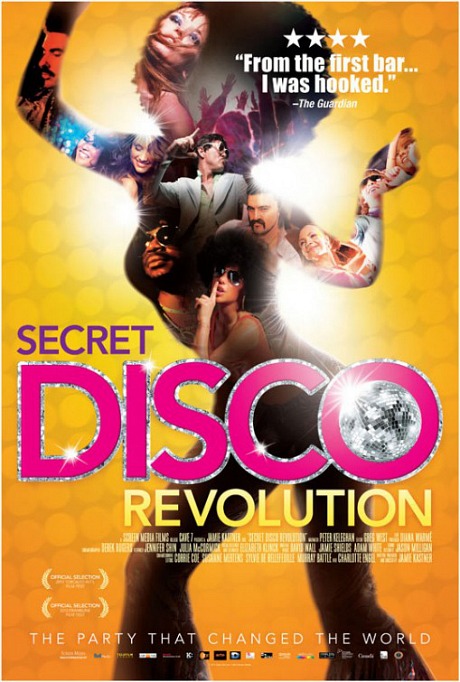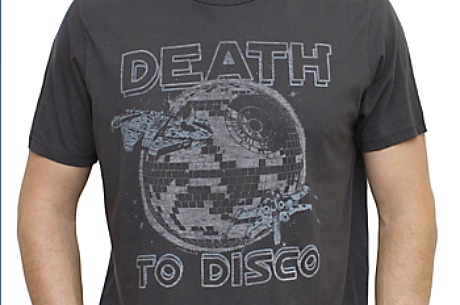I for one don’t hold with the idea that disco and the disco era (’74 to ’80) has been “gravely misunderstood”, as Jamie Kastner‘s The Secret Disco Revolution maintains. It was actually “a time of liberation for gays, blacks and women,” he’s saying. To a certain extent he’s right, I suppose, but when disco was peaking a lot of people like myself were somewhere between intensely put off and revolted. Okay, I went to Studio 54 like everyone else, yes, and I did a line or two there and even had fumbling, incomplete sex in the balcony once and yes, I loved dancing to “Don’t You Want Me, Baby?” and “Gloria.” I strangely enjoyed those times. Which is why, apart from liking the film and wanting to discuss it, I asked to speak with Kastner.

The fortunes of gays, blacks and women aside, disco was, in my mind, a manifestation of creeping inanity in pop music. It was mostly for the bridge-and-tunnel crowd — an odious, downmarket drag that had more than worn out its welcome by ’78 or thereabouts. That hilarious if homophobic SNL skit called “Bend Over, Chuck Berry” expressed my feelings to some extent, I have to admit. “Goodbye, Sister Disco.” By the time Alan Carr‘s Can’t Stop The Music (’80) came out disco was deader-than-dead. And yet I enjoyed The Secret Disco Revolution as an amusing, engrossing, somewhat comprehensive time-trip thing. Here, again, is the Kastner phoner.










